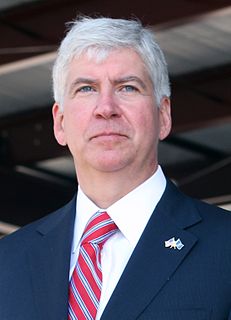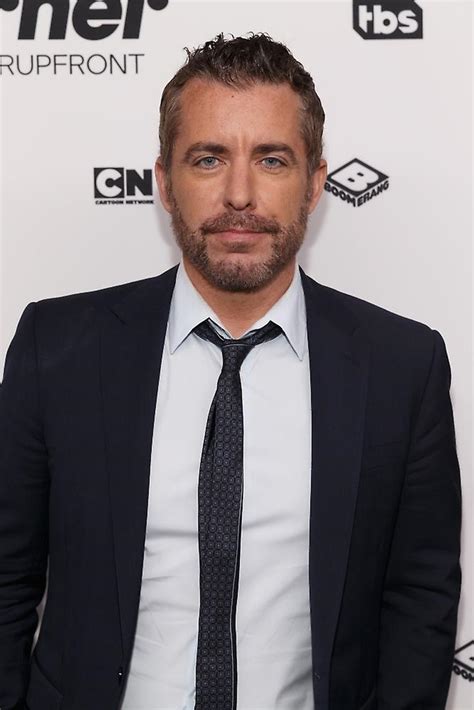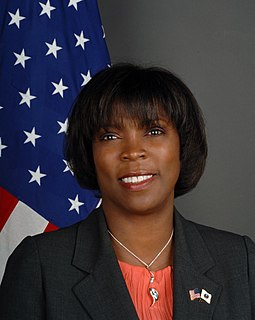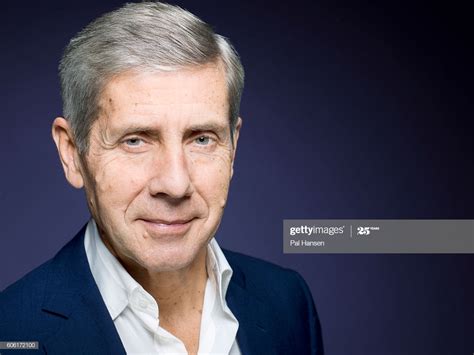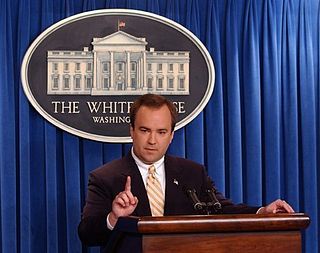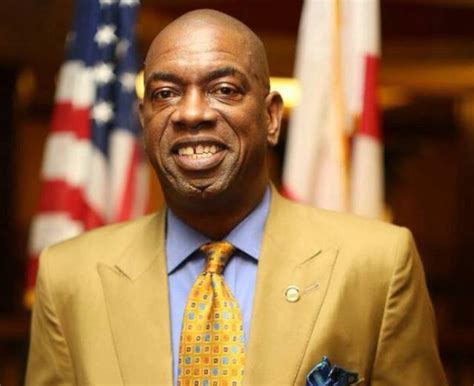Top 1200 Moral Crisis Quotes & Sayings
Explore popular Moral Crisis quotes.
Last updated on April 22, 2025.
Companies that do not actively practice, study, and plan for crisis communications - as well, of course, crisis management - are doomed to fail when a crisis befalls them. Crises are, in a word, inevitable, and those macho companies that think, "it can't happen here," or if it does, "I can handle it," will suffer the hardest failures.
If I were to speak your kind of language, I would say that man's only moral commandment is: Thou shalt think.
But a 'moral commandment' is a contradiction in terms. The moral is the chosen, not the forced; the understood, not the obeyed.
The moral is the rational, and reason accepts no commandments.
I`d like to address the people of Flint. Your families face a crisis. A crisis you did not create and could not have prevented. I want to speak directly, honestly and sincerely to let you know we are praying for you, we are working hard for you, and we are absolutely committed to taking the right steps to effectively solve this crisis.
So often times we see these films that erode human dignity...films that deny the transcendent moral order of the moral universe. They're always eroding natural affections for families. Fathers betray their commitments, children's are always portrayed as brats and disobedient, marriages are always in crisis and struggle. I think (for) most of us, that's not the lives we live. We're always being challenged, we always have challenges but we love our families, we love our spouse, we love our children.
Not everyone is sold on crisis consultants. Linda Gray, assistant vice president and director of news and information at the University of Central Florida in Orlando, says that to a certain extent, the worse the crisis, the closer to home you should deal with it. .. You ought to be dealing with the crisis, not explaining things to somebody else.
We sometimes emphasize the danger in a crisis without focusing on the opportunities that are there. We should feel a great sense of urgency because it is the most dangerous crisis we have ever faced, by far. But it also provides us with opportunities to do a lot of things we ought to be doing for other reasons anyway. And to solve this crisis we can develop a shared sense of moral purpose.
The global financial crisis is a great opportunity to showcase and propagate both causal and moral institutional analysis. The crisis shows major flaws in the way the US financial system is regulated and, more importantly, in our political system, which is essentially a bazaar of legalized bribery where financial institutions can buy themselves the governmental regulations they want, along with the regulators who routinely receive lucrative jobs in the industry whose oversight had formerly been their responsibility, the so-called revolving-door practice.
Right now, however, we're in the middle of a jobs crisis, a border crisis and a terrorism crisis like never before. All energies of the federal government and the legislative process must now be focused on immigration security. That is the only conversation we should be having at this time, immigration security.
When my mother died, my father was in a crisis, my sister was in a crisis, everyone was in a crisis. I went round the night my mother was lying in the kitchen, and I organised everything, from the undertaker to the funeral... I looked after everybody, I sorted it all out and I've done so ever since.
Moral Injury is differentiated from PTSD in that it directly relates to guilt and shame veterans experience as a result of committing actions that go against their moral codes. Therapists who study and treat moral injury have found that no amount of medication can relieve the pain of trying to live with these moral burdens.
... it is not a crisis of our environs or surroundings; it is a crisis of our lives as individuals, as family members, as community members, and as citizens. We have an 'environmental crisis' because we have consented to an economy in which by eating, drinking, working, resting, traveling, and enjoying ourselves we are destroying the natural, god-given world.
Debt, we've learned, is the match that lights the fire of every crisis. Every crisis has its own set of villains - pick your favorite: bankers, regulators, central bankers, politicians, overzealous consumers, credit rating agencies - but all require one similar ingredient to create a true crisis: too much leverage.
We continue to go from crisis to crisis, whether it is electricity or whether it is gas prices. We need comprehensive solutions, not patchwork crisis management. We wouldn't be in this situation today if Senate Democrats weren't holding up the national energy plan that the president proposed back in May of 2001.
"Judge not, that ye be not judge"... is an abdication of moral responsibility: it is a moral blank check one gives to others in exchange for a moral blank check one expects for oneself. There is no escape from the fact that men have to make choices; so long as men have to make choices, there is no escape from moral values; so long as moral values are at stake, no moral neutrality is possible. To abstain from condemning a torturer, is to become an accesory to the torture and murder of his victims. The moral principle to adopt... is: "Judge, and be prepared to be judged."
Although this crisis in some ways started in the United States, it is a global crisis. We bear a substantial share of the responsibility for what has happened, but factors that made the crisis so acute and so difficult to contain lie in a broader set of global forces that built up in the years before the start of our current troubles.
The concept of a midlife crisis is a well known one perpetuated by books and films. And recently the idea of a quarter-life crisis, between 20 and 30, has also gained a fair amount of media coverage. But there's a surprising lack of robust research on these events, and almost none on later life crisis.












